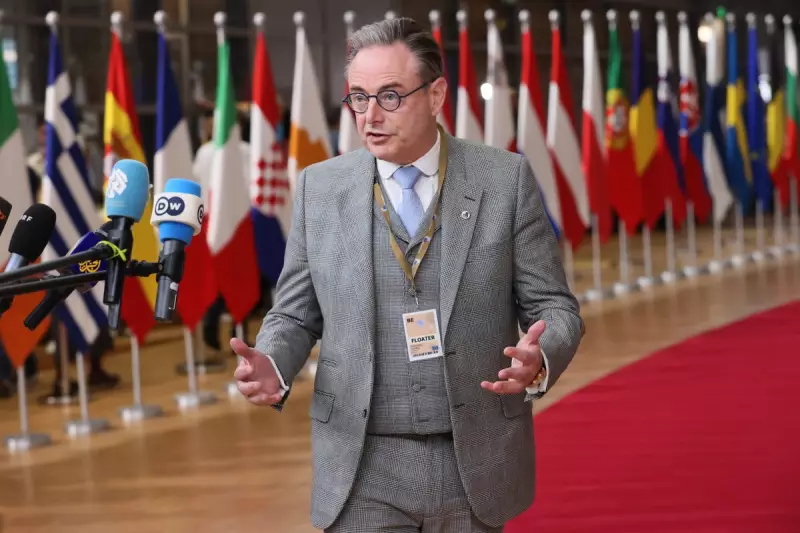
In a dramatic escalation of economic measures against Moscow, Belgium has taken the extraordinary step of seizing approximately €1.9 billion in Russian state assets, marking one of the most significant financial blows to the Kremlin since the invasion of Ukraine began.
Unprecedented Financial Move
The Belgian government confirmed the massive seizure this week, with the funds being directly allocated to support Ukraine's defence capabilities. This represents the first time such a substantial amount of frozen Russian assets has been formally confiscated and repurposed for military aid to Kyiv.
European Commission President Ursula von der Leyen praised the decision, stating it demonstrates the EU's "unwavering commitment to supporting Ukraine's sovereignty and right to self-defence."
Kremlin's Furious Response
Moscow reacted with predictable fury to the announcement. Dmitry Peskov, Vladimir Putin's spokesman, condemned the seizure as "outright theft" and warned of "severe consequences" for Belgium and the European Union.
"This illegal confiscation of Russian state property represents a fundamental violation of international law and all established norms of diplomatic relations," Peskov declared in an emotionally charged statement from the Kremlin.
Legal Precedent and Future Implications
The Belgian action establishes a crucial legal precedent that could pave the way for similar seizures across other European nations. With an estimated €300 billion in Russian central bank assets frozen globally since February 2022, this move signals a more aggressive approach to leveraging Russian funds for Ukraine's defence.
Legal experts suggest this could trigger a wave of similar actions across Western nations, fundamentally changing how frozen assets are treated during international conflicts.
Strategic Impact on Ukraine Conflict
The €1.9 billion injection comes at a critical moment for Ukraine, where military resources have been stretched thin amid intense fighting along the eastern front. The substantial funding will directly enhance Ukraine's ability to procure essential weaponry, medical supplies, and defensive equipment.
European officials indicate this represents just the beginning of more comprehensive plans to utilise frozen Russian assets for Ukraine's reconstruction and defence needs.





